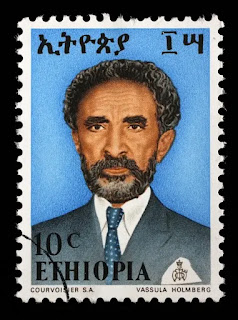Ayyankali, born on August 28, 1863, in Kerala, India, was a pioneering social reformer and a prominent leader in the struggle for Dalit rights and social justice. His life's work aimed at dismantling the oppressive caste system and empowering marginalized communities through education, activism, and social transformation.
Growing up as a member of the Dalit community, Ayyankali experienced firsthand the discrimination and social exclusion faced by his people. Determined to challenge the status quo, he became a pivotal figure in initiating reforms within Kerala's society.
Ayyankali's most notable contributions included advocating for the right to education for Dalit children, breaking down the barriers that restricted their access to schools and education. He established "panchayats" (local councils) in his community, providing a platform for Dalits to voice their concerns and work towards social change.
He also played a significant role in addressing issues related to land ownership and labor rights for Dalits, empowering them to escape the cycle of exploitation. Ayyankali's efforts were instrumental in challenging deeply entrenched norms and securing fundamental rights for the marginalized sections of society.
Ayyankali's legacy continues to inspire social justice movements today. His commitment to equality, education, and empowerment paved the way for a more inclusive and just society. He passed away on June 18, 1941, leaving behind a legacy that stands as a testament to the power of grassroots activism and the pursuit of social equality.









